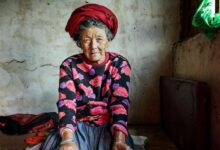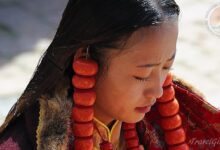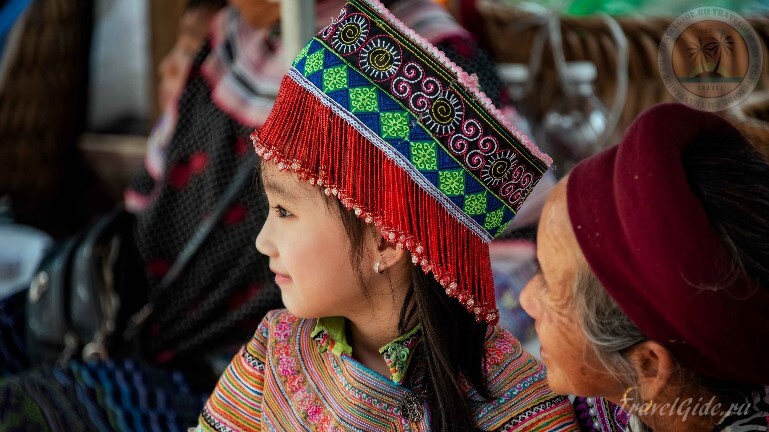
The Moso people are a women's government society in China.
MThe Oso or Mosuo are one of the 56 official Chinese ethnic minorities living in China. Their homeland is on the border of the provinces Yunnan and Sichuan, near Tibet. Anthropologists consider the Moso to be a matriarchal society because they still live according to the tradition that women are the dominant people in society. The population of Moso according to various estimates from Travelguide.ru is 40-50 thousand people.
Women first generation sixty to eighty years of age. Women second generation forty to sixty years old. One women is appointed by the family members as the eldest in the family. With the help of her assistants from two generations, she makes decisions on all economic and social issues of the family and takes care of the household.
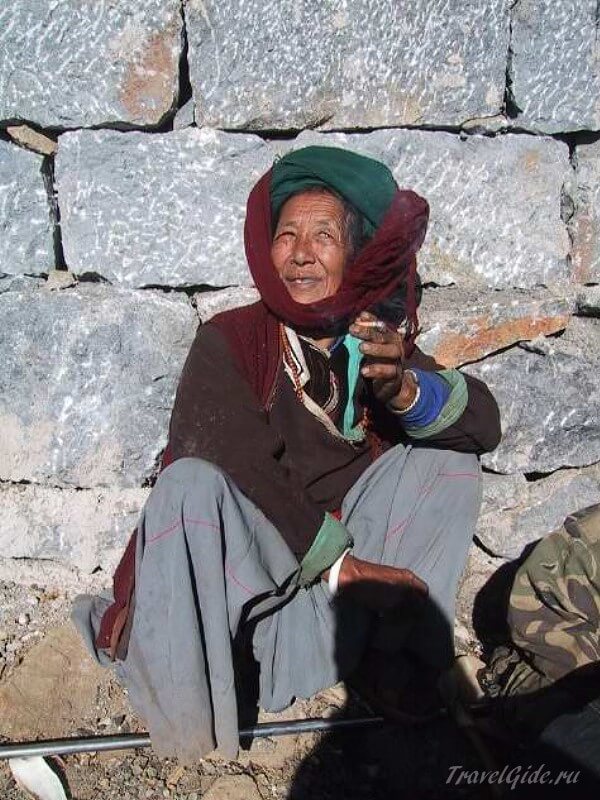
She manages all property families: home, fields and gardens, pets, food supplies, horses and other animals, which are mainly used by the men of the clan, her brothers and sons.
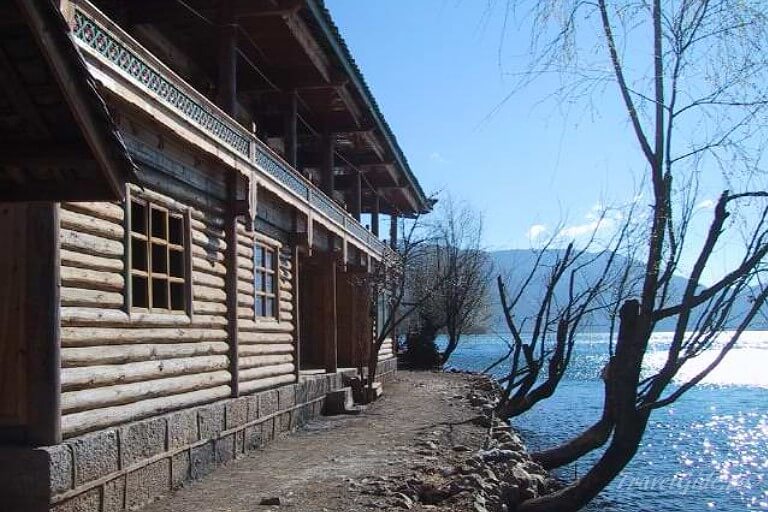
Women third generation from thirteen to forty years of age. By about thirteen, after the coming-of-age ceremony, the girl is considered a full member of the family and receives the key to their own room. This generation of young women labors in the fields, orchards and orchards.
They are also busy communicating with men, love and motherhood. Previously, the Moso custom consisted of a contractual union between two specific families, but today this tradition has ceased to exist. Nowadays, every girl and woman chooses her lover according to her desire.
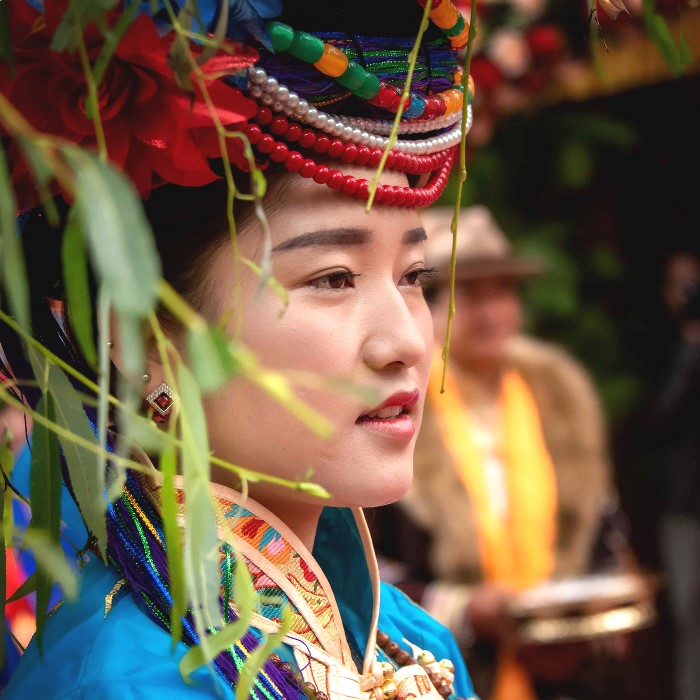
However, once a year young Moso people still go to their sacred mountain. There is a dance festival in honor of Gan Mu, the great goddess of love. It is there that the girls choose their lover among the boys. The chosen young man has the right to visit his beloved at night in her private quarters in her family home.
But the next morning at dawn, he must leave, because he has no right not only to live with her, but even to eat in her house. It is generally accepted that everyone eats where they work. Well, the man works in his mother's house, where his house is.
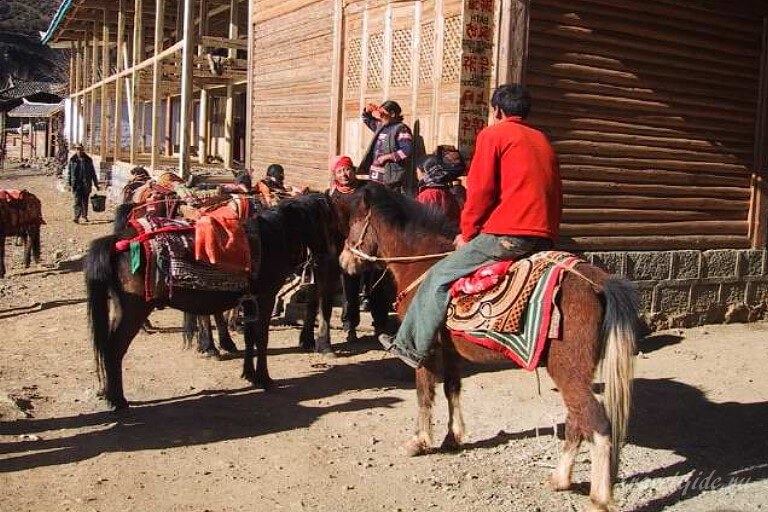
It turns out that every evening the brothers of the family leave their house, and the lovers come to it, and every morning the lovers leave, but the brothers return. This is the classic matriarchal marriage that still exists among the Moso. Moso men have their rights and obligations, but only in the house of their mother, not in the house of their beloved.
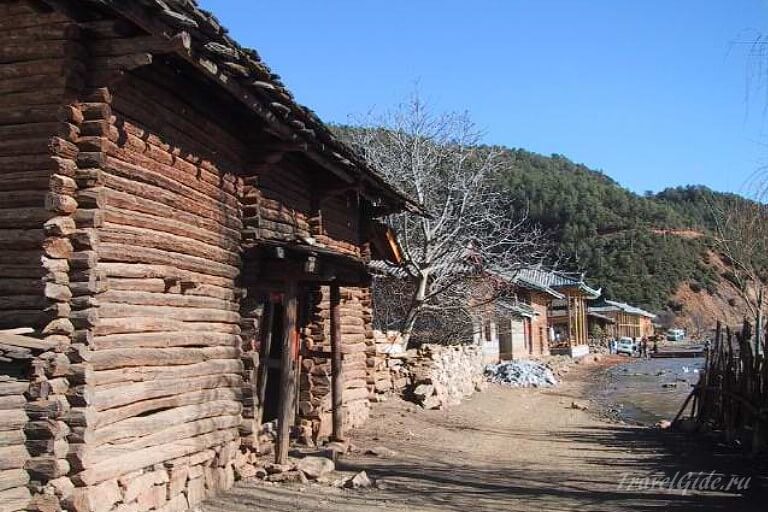
The ancient Moso religion is based on their belief in divinity and the forces of nature, which can be called paganism. This belief is clearly expressed in the veneration gunmu, the sacred mountain, which is considered the Goddess of Love, and tires, a sacred lake revered as the Mother Goddess.
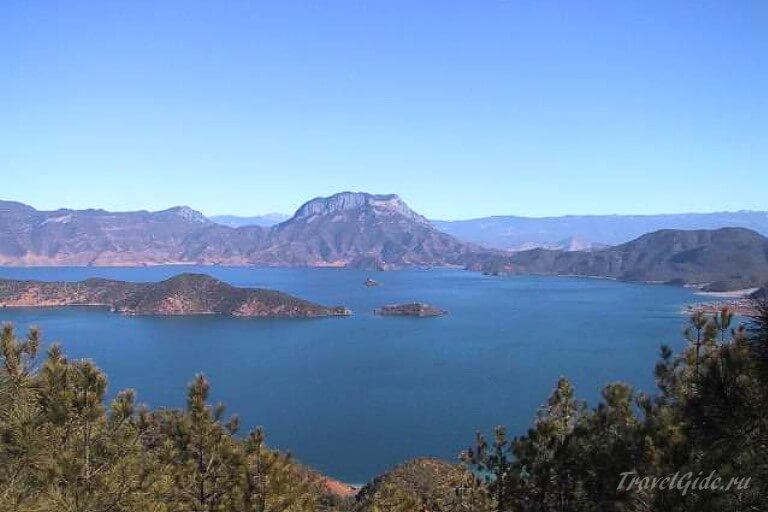
In general, the surrounding world and nature are considered by the Moso people as a feminine principle, as the great Creator of everything omnipresent. The later religions that were imposed on the Moso people failed to eradicate these fundamental beliefs.
When the Tibetans conquered Moso, they were forced to adopt Lamaism, the Tibetan version of Buddhism. However, even under the guise of the Tibetan religion of Buddhism, the Moso were allowed to continue worshiping their goddess Ganmu until today. Later, their region was conquered by the armies of the emperors of China and became part of the great Chinese empire. But even now, the Moso have not embraced patriarchal Chinese ideals.
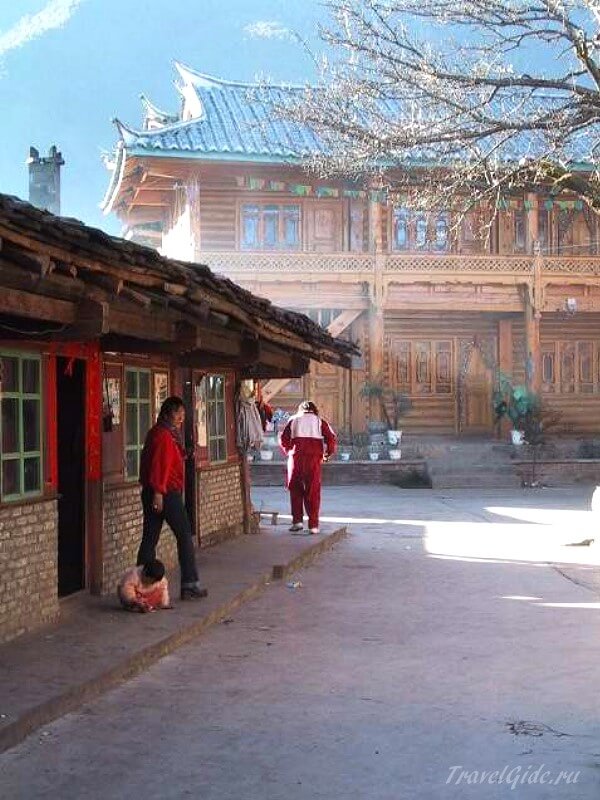
The Moso people live around Lugu Lake and Yun Ning Plain, a few kilometers from the lake. In the Moso language, Lake Lugu is called Shinami, which means "mother lake". It is also called the "girl's lake".
Here, at an altitude of almost 3000 meters, the inhabitants of Moso are engaged in agriculture - gardening and, of course, fishing in their sacred lake. Half of the border of the lake, the average depth of which is about 50 meters, belongs to Sichuan province, the other part belongs to Yunnan province.
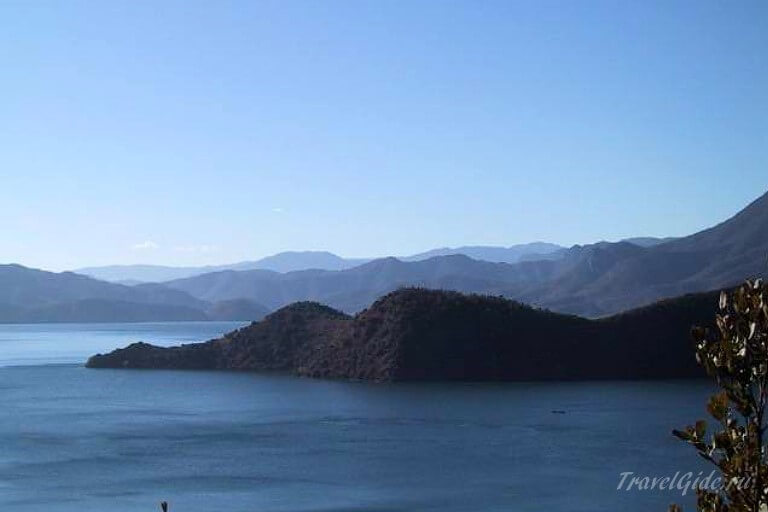
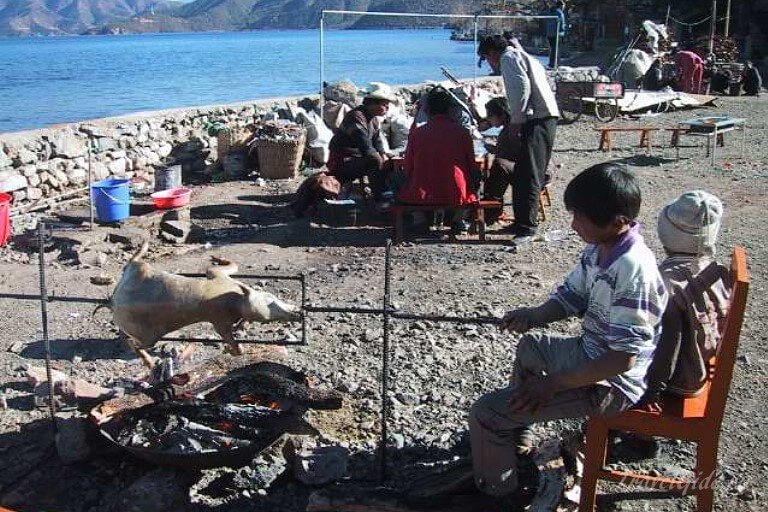
Children belong exclusively to the mother and her family. The brothers of young women take care of their nieces and nephews, who are also considered their children because they share the same clan name. Uncles of children fulfill the role of social fatherhood typical of matriarchal societies. Biological fatherhood makes no sense to the Moso either socially or spiritually.
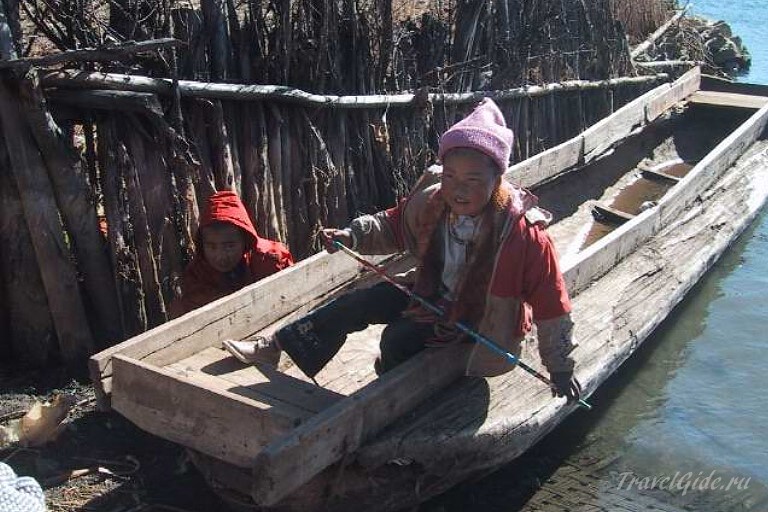
All persons in each house of an individual family bear the name of the eldest woman, the mother of the family. These are, for example, such names: "Mother-tiger", "Mother-Snake", "Mother-puma", "Mother-tree" and so on. Names, as well as common ownership of house and land, are transferred exclusively through the female line.
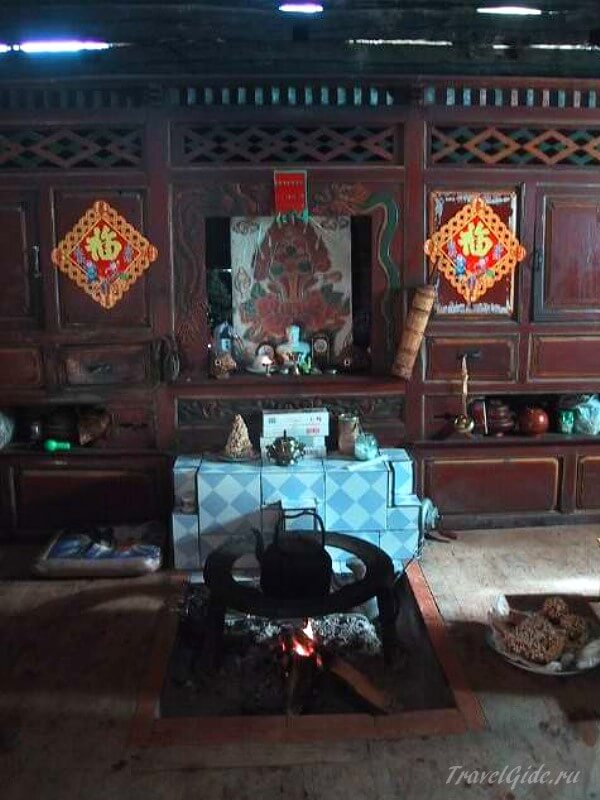
Moso people live next to their dead people. Children make up the fourth generation and are considered reborn ancestors, or ancestors returned to their own clan. Children come from the realm of the ancestors, and not from a person of another clan; therefore they are sacred.
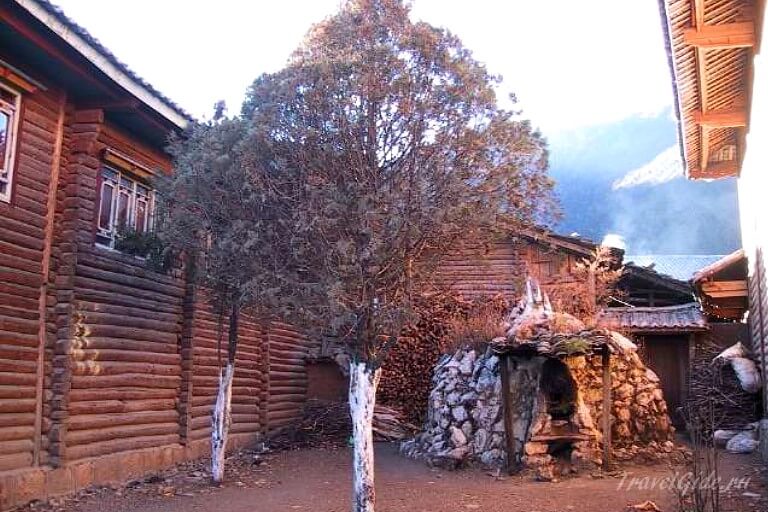
This belief in direct rebirth underlies the matriarchal basis of the religion, and veneration of ancestors is part of this belief. Ancestors who are kept in good memory will soon return as small children. As the moso say, "she will return as a young girl."
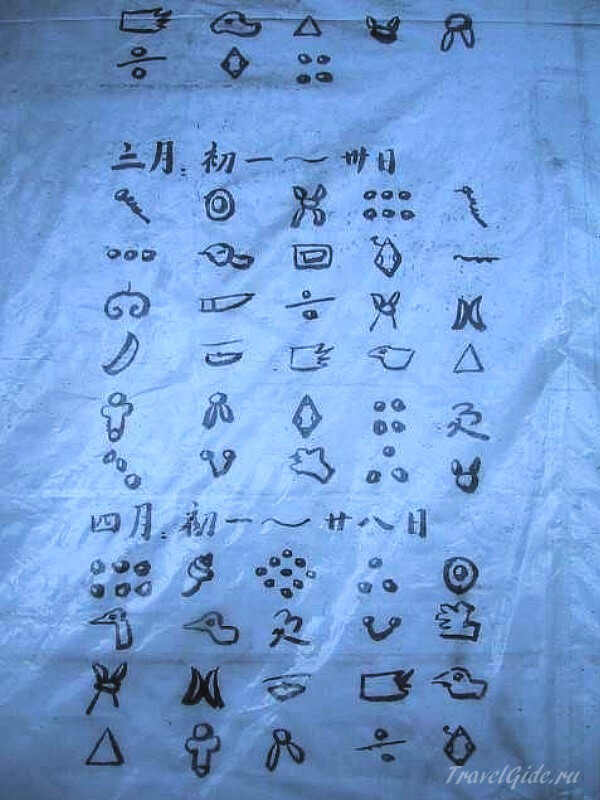
The Moso people's original way of writing uses pictograms. They haven't changed much in hundreds of years. There are dictionaries from Moso to Chinese. The earliest Chinese characters, dating back several thousand years, were also pictograms comparable to those above, as they were likewise symbolic descriptions of nature and its elements.
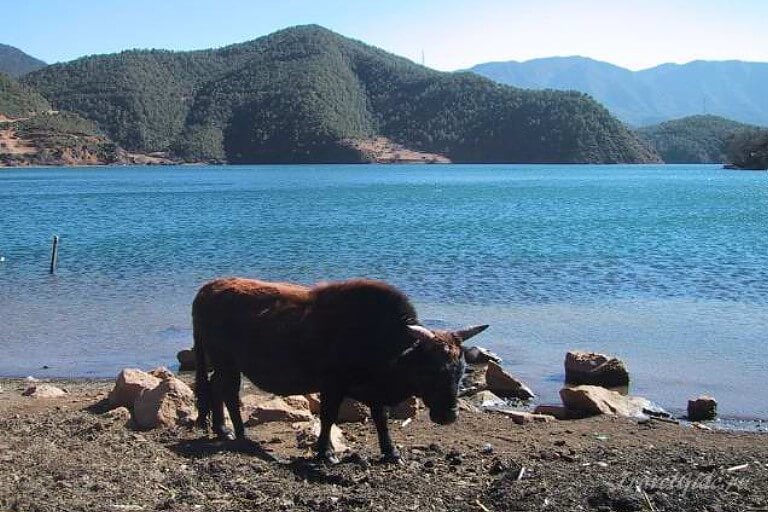
At present, Moso society is under serious pressure due to China's rapid development. Their ancient culture, customs and traditions are naturally under threat due to the increasing industrial change in the environment. Roads are being built, electricity is being installed, the beauty of Lake Lugu and the very way of life of these people have become the reason for the active development of tourism in the region.
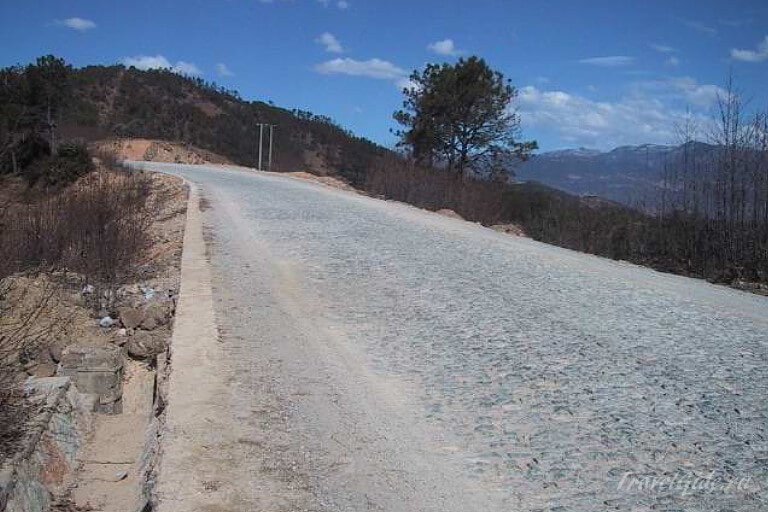
To reach the Moso people, expect to spend 5-7 hours by car on the way from the city Lijiang on narrow, zigzag and dangerous roads. More than two thirds of the road looks like the photo above. According to Travelgide.ru, sometimes there are separate rockfalls on the way, which makes this road not very popular among taxi drivers.
